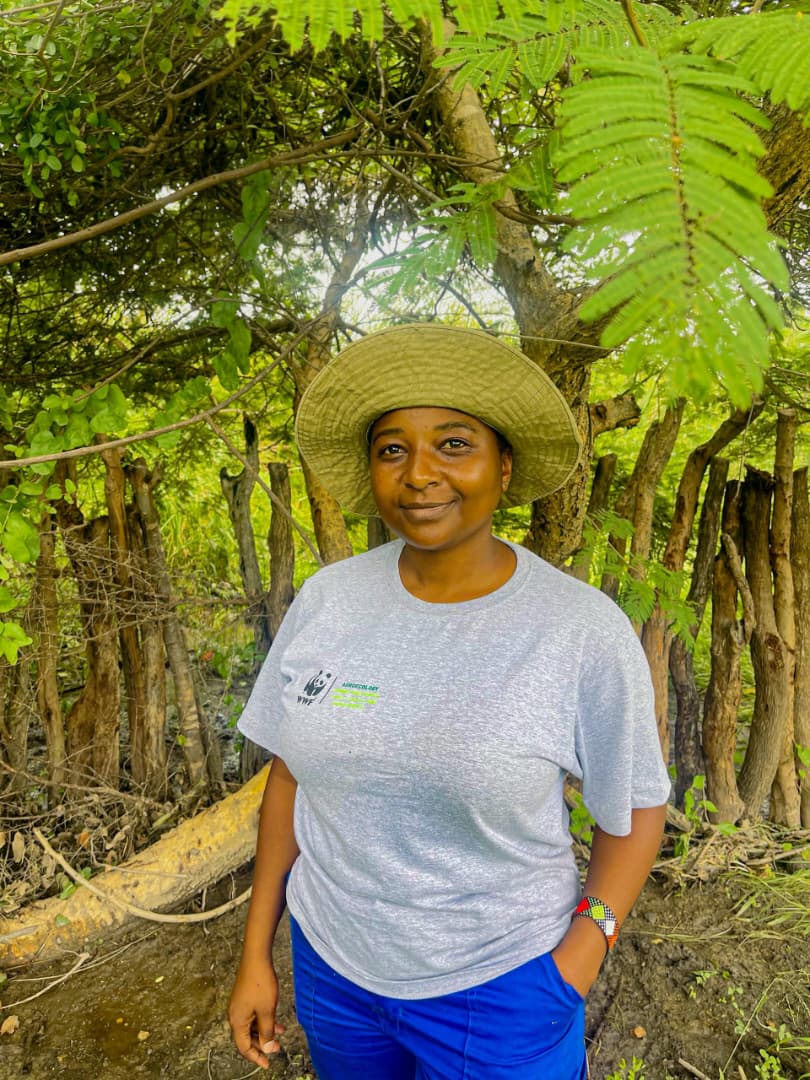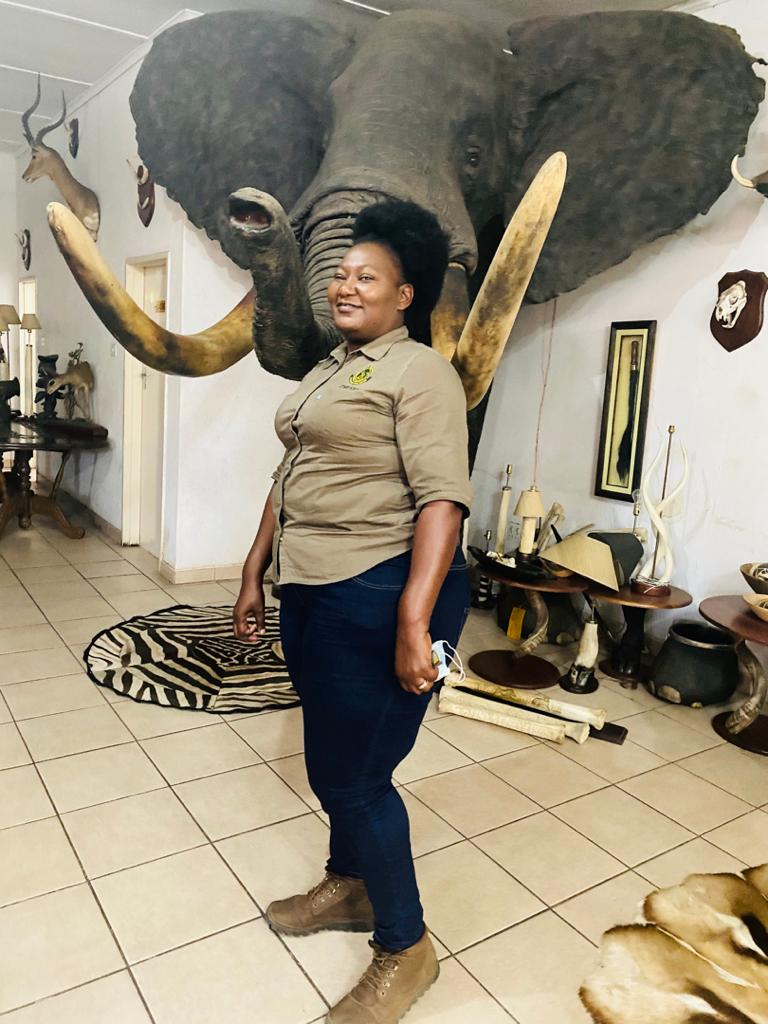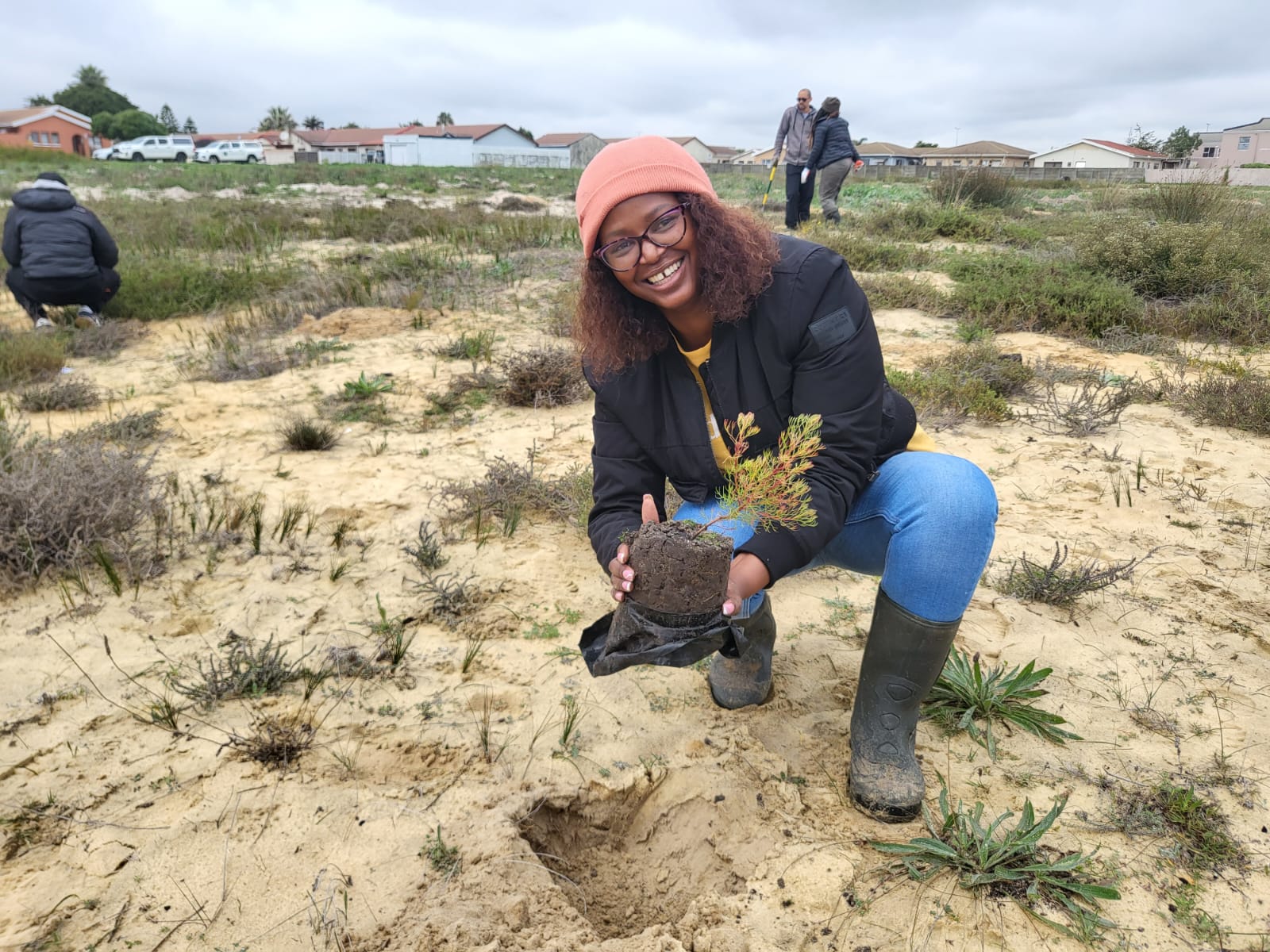When you can acknowledge that you go through challenges in life and make the decision to work with someone to find better coping strategies, that is not weakness; it is strength.

Although public awareness on the role of therapy has increased over the last couple of years, seeking professional help is still often seen a last-ditch effort to overcome difficulties, regain our strength or save our relationships. According to the founder and lead psychologist of Hisia Psychology Consultants, Nancy Kabiru, nothing could be further from the truth. In this interview, Nancy demystifies therapy and offers insights that could help us transform the way we view it.
For many of us growing up, ‘therapy’ was a loaded word; we were strongly discouraged from sharing our personal business with others. How did you find your way into this world?
I started giving people advice from a very young age. Deep down, I always knew I wanted to get into psychology, but it was not a practical career choice for me at first.
I had to support my siblings because my mum was, at some point, paralysed. She had been in an abusive relationship and separated from my dad, who then refused to take responsibility for us. I had to adjust quickly and take charge. So instead of following my passion, which was counselling people, I worked in the retail and financial industries. It was eight years later, when I’d settled down with my own family, that I went back to school to study psychology. I devoted my 100 hours to get my certification and went on to set up Hisia Consultants. Psychology is so broad and I felt it was important to bring people on board who have the passion and expertise in different areas- because you can’t be everywhere and be the best. We are currently a team of 15 psychology consultants who offer a broad range of services.
You say that deep down, you always knew you wanted to be a psychologist. Did this have anything to do with your upbringing?
Yes. I grew up in Marsabit, where there was a lot of cattle rustling. My dad was a police officer at the time and would take me along to Barazas (public meetings) where I would interpret the local languages- Rendille, Borana, Turkana into Swahili. I was only six years old! The people from different communities grew to respect me a lot, and that gave me the affirmation that my opinion mattered. I learnt to guide others according to their abilities and skills. And I began to dream big.
The cultural stigma attached to mental illness, especially in the African context, can’t be denied. How do you navigate this hurdle?
I have spent a lot of time trying to demystify issues to do with mental health. You’ll always find me on YouTube or Instagram, offering free advice in the hope that it can help open people’s eyes.
I found that while there is a lot of donor funding that caters for the lower-income earners, the middle class and top tier earners have been neglected. Many people think that counselling is only for economically disadvantaged people or people who have serious psychological issues, but this is not true. There are a few corporate companies who have allowed their staff to seek therapy with us at Hisia, and there are some people who come to us as individuals. But generally, people come when they are tipping into a psychiatric state. So we are advocating that when you feel there is an imbalance or if you need to be heard by a neutral party, seek therapy before it becomes a psychiatric case. When it becomes a psychiatric case, you have to use drugs as well as psychotherapy. But if you come in early, we can arrest the situation.
Are you saying that if you don’t seek therapy, problems become worse?
Yes. Mental issues sometimes manifest physiologically. You find somebody with constant backaches and headaches which can’t be explained; they keep taking medication, and yet the real problem is deeply rooted.
It sounds like there’s a thin line between “I’m just feeling a little down” and “I need to seek therapy”. How does one know when one’s crossed it?
Self-awareness helps. Yes, you can have some bad days and that’s normal. But when you’ve been feeling low for 3 or 4 consecutive days, when you’ve been getting angry for no apparent reason, when your behaviour is causing you or the people around you distress, when you have work targets that you’re no longer able to meet, when your relationships are under a lot of strain, if you have lost a loved one and are not able to get past that pain, then you need to seek therapy.
With the daily challenges we all face, can we not just find ways to get through things, or is therapy necessary?
There are methods you can employ to deal with the daily challenges, but that is what we call first aid. Further to first aid, there has to be therapy so to help you get to the root cause of the issue. Therapy is something everybody should adopt.
Even when you’re feeling 100%?
Even if you are achieving your best, getting promotions and making enough money, it is still important to go for therapy to be sure that you’re not overexerting yourself. Having a therapist is like having a dentist, a family doctor or a gynaecologist. Therapy is recommended for everyone, a least two times a year when you’re ok. When you’re not ok, you have to undergo a minimum of 5 sessions to make headway. And you mustn’t terminate the sessions before the therapist says you’re ok. It’s similar to what happens when you have been prescribed antibiotics, after 2 or 3 days you may feel like your’ e getting better but if the dose is for five days and you don’t complete it, the next time you get a similar issue, the healing process will be more challenging.
Some people perceive going for therapy as a show of weakness.
Well, it’s not. When you seek therapy, you’re acknowledging who you are and working to build yourself. It’s like if you have done a Bachelors degree, and then you go for a Masters, it doesn’t mean you were not knowledgeable before, it means you want to learn more and apply the effort required to fill in any missing gaps.
When you can acknowledge that you go through challenges in life and make the decision to work with someone to find better coping strategies, that is not weakness; it is strength.
Do you get more male or female clients?
We have achieved a certain balance, but when we started, we had more men.
More men? Really?
Yes. Many were divorced and co-parenting, so they were coming, essentially to help their children deal with the new realities. Some were bringing in their spouses. Now, in the process of bringing the spouse or child, the person would end up becoming a client because you can’t help one unit and leave out the other, both have to be strengthened.
If someone insists their partner comes for therapy, we make it very clear that therapy is for them, not their partner. We don’t base a case on hearsay unless it involves substance abuse, and even then, this is to collect history or background.
With the current COVID pandemic, I imagine, your services may be more critical than ever
We are getting a lot of requests, but people are also feeling that they are not able to spend beyond what they are making. They would rather give themselves first aid and then wait it out. We have been able to get clients as far as the UK calling in for e-therapy. We are not taking physical clients unless it’s really necessary. Most people are open to online counselling, but the restriction here is you may not have privacy in your home- the door could be locked, but somebody may be listening. But yes, we are encouraging people to talk to unbiased professionals during this period.
Do therapists also have therapists?
Yes. Each of our therapists has a supervisor who is senior to them, someone they look up to and can gain knowledge or wisdom from. Every two weeks or after every eight sessions with a client, you have to go for a debriefing. In my case, typically, I’ll have a debriefing at least twice a week.
A debriefing means what exactly?
In a debriefing, you don’t divulge information about a client, but rather, you are finding a release for yourself. To give you an example, I am a married woman with two kids. If somebody comes to me to talk about marital issues or challenges they are having with their children, it’s easy to for me to relate their situation with my own, especially if I’m going through similar challenges. I may then end up sympathising instead of empathising with a client. In that case, I would need to see my supervisor to address the issue so that I don’t apply my solutions to the client, but instead, I help the client employ their own solutions in a neutral and unbiased way.
The World Health Organisation reported that the number of suicides reported in Kenya rose by 58 per cent between 2008 and 2017. That’s huge. Are people having more mental problems than before, or did we just hide the facts in the past?
We used to hide them. People perceived suicide as taboo, and we were not very well informed. Today, people are better informed. You’ll find that people who are more likely to commit suicide are introverted. They may have gone through depression that went unnoticed, or they may have undergone immense trauma where they either failed to the necessary support. You have to make an effort to put yourself out there and be willing to be supported. And you need to be self-aware enough to know how much you can take and what solutions are available to you.
I have been a victim. My brother took his life in May last year, so I’m speaking both as an expert and as someone who has been personally impacted by it. Most people who commit suicide do it to get back at someone. They are like, you never heard me when I was alive so now you can hear me and live with it. They do it to prove a point. By the time they are committing suicide, their mind has reached a limit. They can not be able to process anything anymore, or they are under the influence of drugs; drugs tend to make people become delusional and so they apply unrealistic solutions to life.
What advise would you give to someone who may be struggling and hesitant about seeking therapy?
I would request that they try to be flexible- because rigidity never allows growth. If you look at a coin, it has two sides, whichever side you choose to look at has its value; choose to look at life from a beautiful perspective. People go to school and study psychology because it’s a necessity; we need to embrace it. Everybody needs therapy.
To book a session with Nancy, visit her profile here
—–
About Hisia Psychology Consultants:
Hisia provides holistic psychological solutions in the form of individual therapy, couples therapy, family therapy, children’s therapy, and group therapy.





